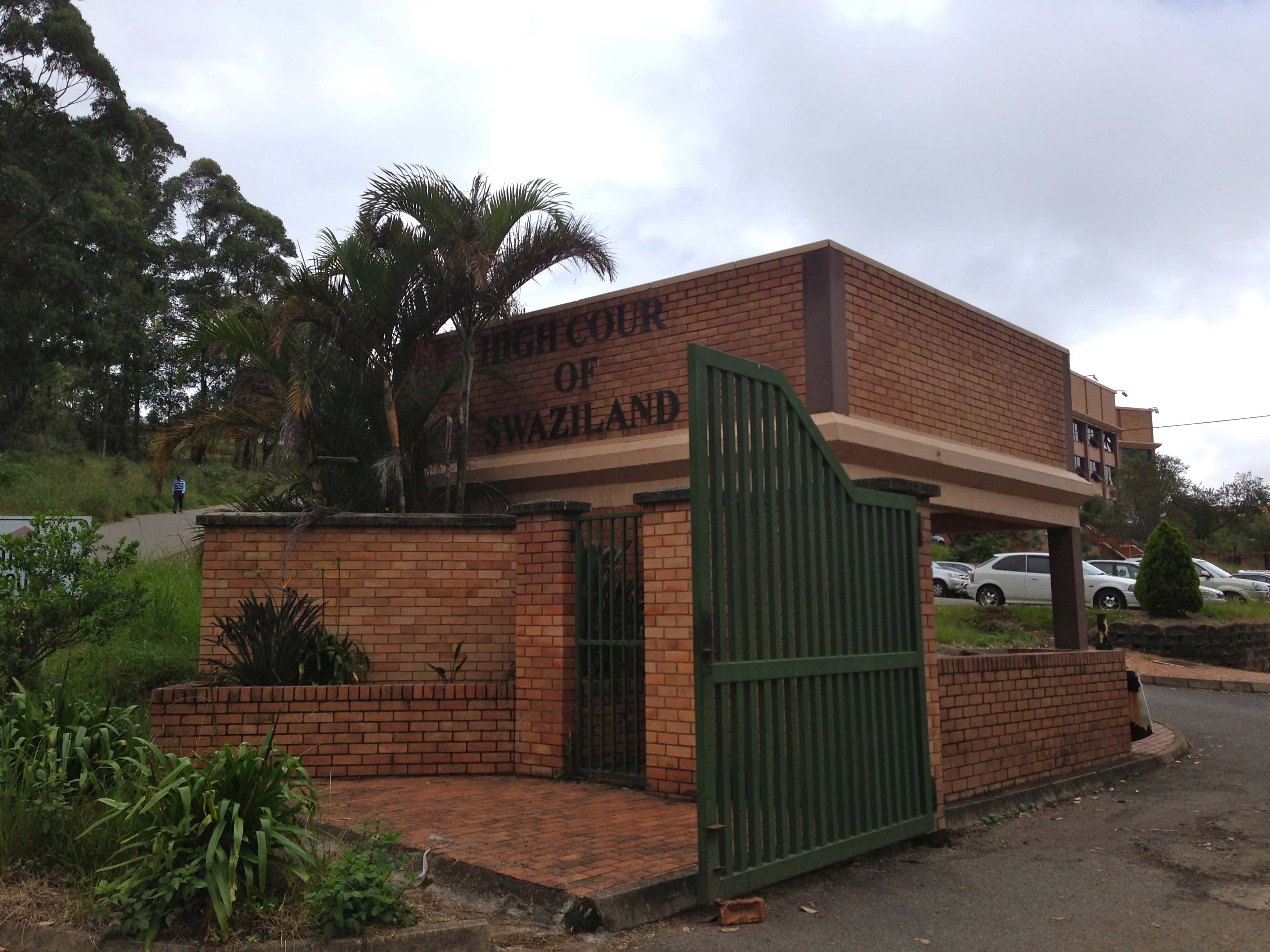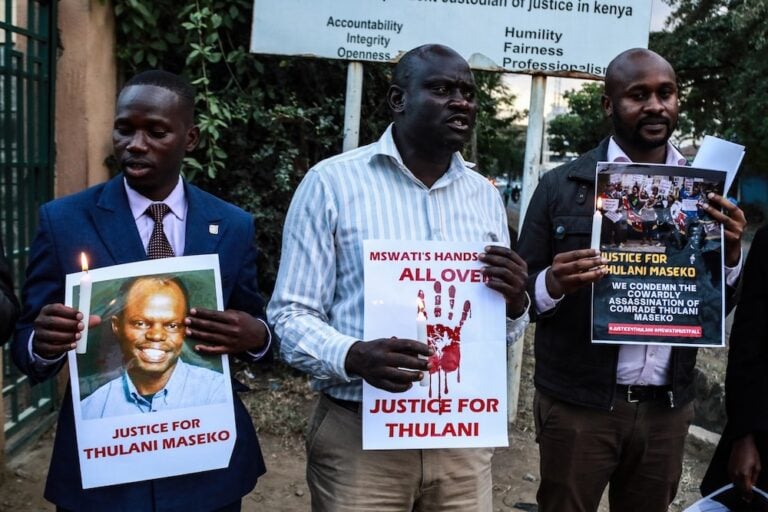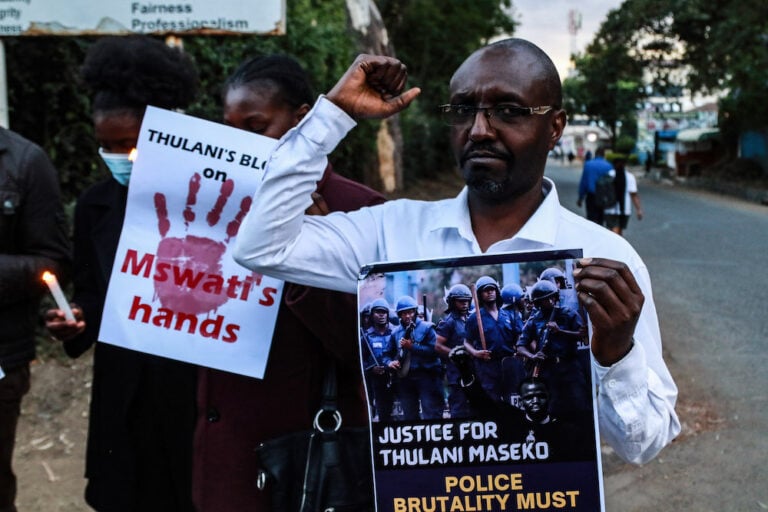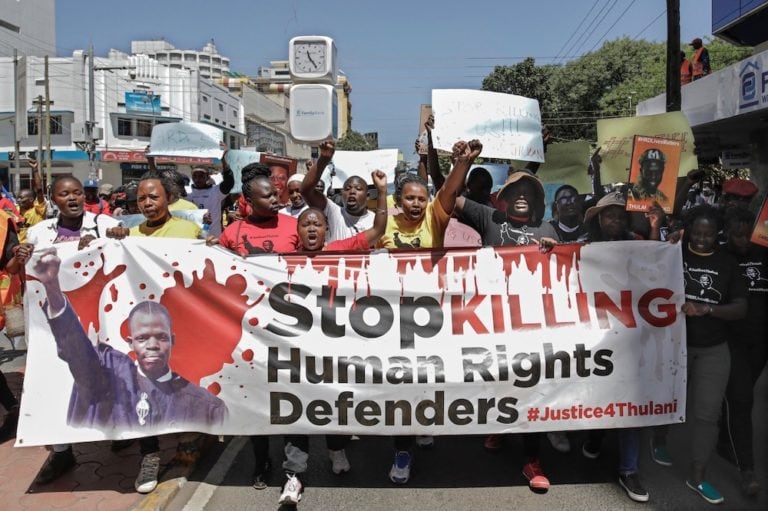Thulani Maseko and Bheki Makhubu have been charged with contempt of court over two separate articles that appeared in the Nation magazine and were critical of the arrest of government vehicle inspector Bhantshana Gwebu.
The Media Institute of Southern Africa (MISA) condemns the arrest, detention and unconstitutional closed hearing of prominent human rights lawyer, Thulani Maseko and Nation magazine editor, Bheki Makhubu in Swaziland.
Maseko, a senior member of Lawyers for Human Rights Swaziland, was arrested in his law firm offices in Mbabane on 17 March. Nation magazine editor, Bheki Makhubu, was arrested on 18 March after police reportedly raided his family home on 17 March.
Both men have been charged with contempt of court relating to two separate articles that appeared in the Nation magazine and were critical of the arrest of government vehicle inspector Bhantshana Gwebu, who is also facing a contempt of court charge.
Specifically, the contempt of court charge alleges Maseko and Makhubu, acting jointly and in furtherance of a common purpose, did unlawfully and intentionally violate and undermine the dignity, repute and authority of the High Court in the Kingdom of Swaziland [by] issuing and publishing malicious contemptuous statements about Gwebu’s case.
This is not the first time Maseko has been arrested, having been charged with sedition in 2009, although the case was never brought to trial.
In April 2013 Makhubu, along with Nation magazine publishers, was convicted of scandalising the court following the publication of two articles criticising the judiciary in 2009 and 2010. Makhubu and the publisher were fined a total of E400,000 (approximately US$45,000) by the Swaziland High Court, half of which had to be paid within three days or Makhubu would immediately be sent to jail for two years. Makhubu avoided jail as his lawyers filed for an appeal before the deadline, but no hearing date has been set for the appeal.
Maseko and Makhubu were expected to appear in court the morning of 18 March, but after waiting outside an empty court room for several hours, family and supporters of the men were told a private hearing had taken place in the chief justice’s chambers. The Constitution of the Kingdom of Swaziland requires that all criminal hearings be heard in open court. One of the accused’s lawyers, Mandla Mkhwanazi, described the private hearing as peculiar and odd. He said that he was initially denied access to his client, the accused’s requests to have the hearing in an open court were denied, there was no discussion of bail and therefore the accused had no opportunity to defend themselves.
Maseko and Makhubu are currently being detained in Sidwashini Remand Prison, awaiting an open court hearing scheduled for 25 March, according to Mkhwanazi.
Both the current and previous charges laid against the men highlight the difficulties media have in commenting on current events in Swaziland. In the Reporters Without Borders 2013 Press Freedom Index, Swaziland was ranked 155 out of 179 countries, making it the worst country for press freedom in southern Africa. In 2011, the African Media Barometer (AMB) noted that there are 32 laws in Swaziland that restrict freedom of expression. Journalists interviewed by MISA said they were intimidated by the laws, and regularly practiced self-censorship to avoid upsetting high-ranking officials or attracting negative attention to themselves.
As a leading advocate for media freedom in southern Africa, for the past 22 years MISA has campaigned for the repeal of laws criminalising freedom of expression, including criminal defamation, insult, sedition and false news laws. MISA currently acts as the focal point for southern Africa as part of a Pan-African campaign which seeks to repeal criminal defamation, insult laws, sedition and false news, lead by the African Commission on Human and People’s Rights Special Rapporteur on Freedom of Expression and Access to Information, Advocate Pansy Tlakula.
Launching the campaign to decriminalise free speech in Africa, at the 10th Anniversary of the Declaration of Principles on Freedom of Expression in Africa in 2012, the Special Rapporteur stated many African countries still have laws with vague and undue restrictions that criminalise a wide range of expression, and thereby undermine constitutional guarantees and international commitments of states.
Indeed, in many parts of the continent, the restrictions have become the principle, and freedom of expression the exception. The harsh and vague nature of criminal sanctions for speech is one of the major causes of self-censorship on the continent. Most of the laws that criminalise speech are crafted in such a manner as to allow intolerant and abusive public officials to interpret clauses so as to punish critical voices.
MISA condemns the arrest, detention and unconstitutional hearing of Maseko and Makhubu. Arresting and charging journalists with criminal offences for doing their job is an unjustifiable restriction on freedom of expression. MISA urges the government of Swaziland to remember their international obligations under the International Covenant on Civil and Political Rights, the African Convention on Human Rights and the African Charter on Human and People’s Rights, as well as the Constitution of the Kingdom of Swaziland, to uphold and protect the right to freedom of expression.
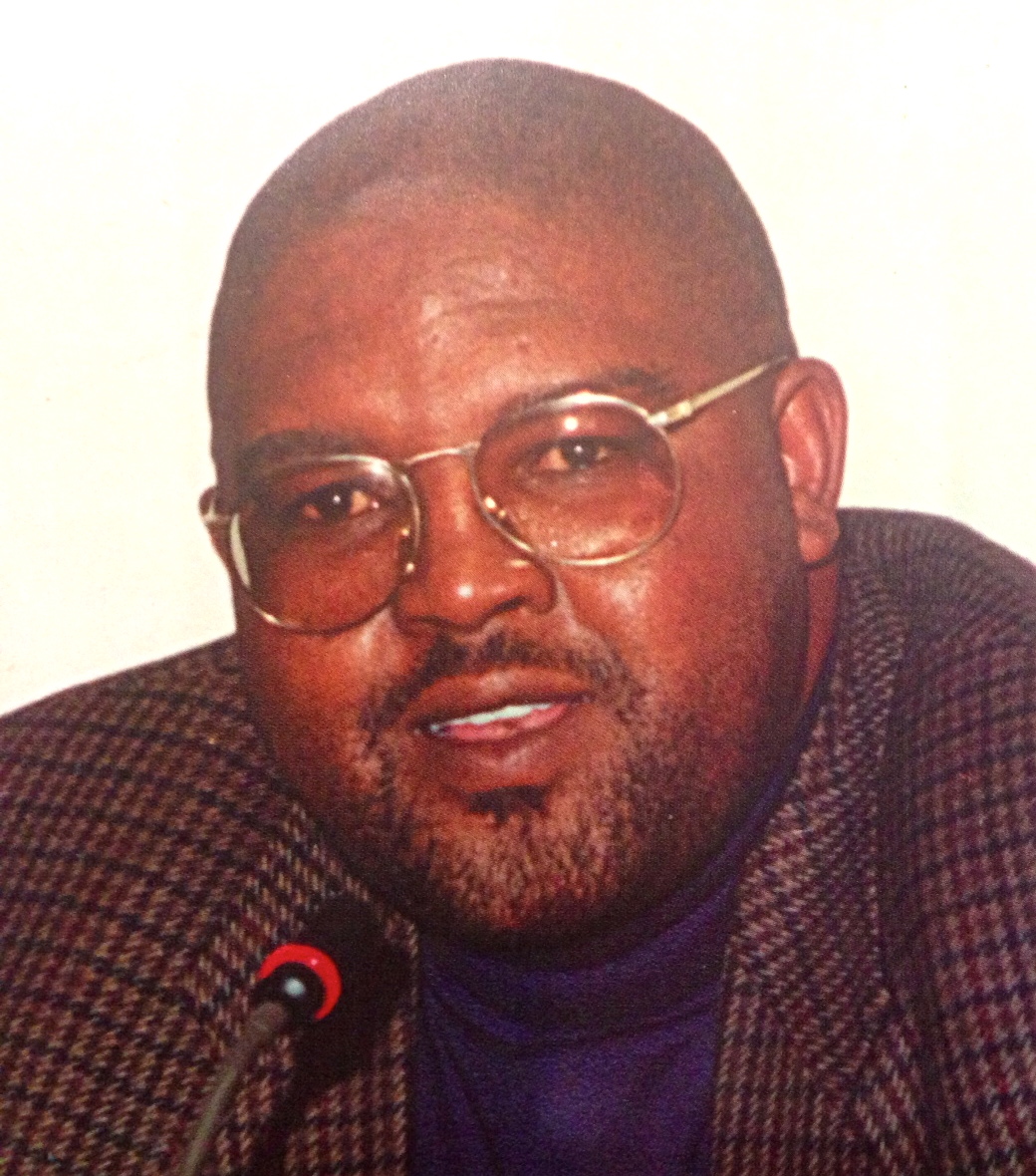
Bheki Makhubu, editor of The Nation magazineMISA-Swaziland
